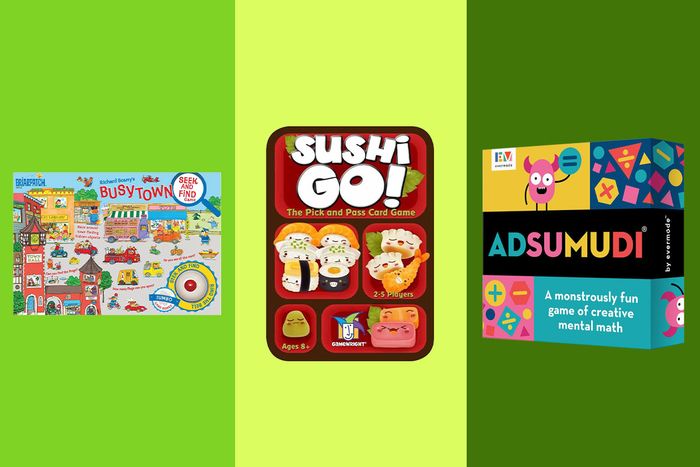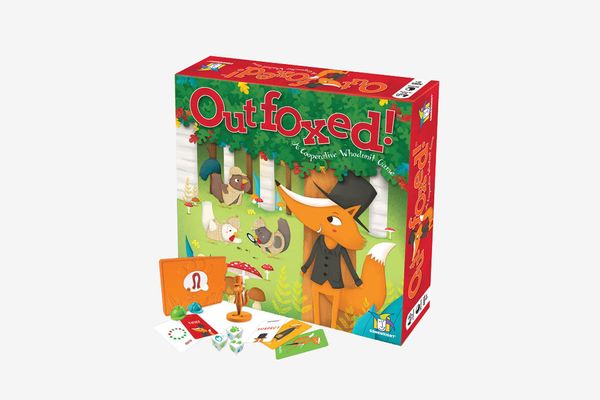Top 10 Best Board Games for Kids: Fun and Learning Combined
Top 10 Best Board Games for Kids: Fun and Learning Combined
Blog Article
The Ultimate Guide to Choosing the Best Board Games for Kids
Board games have long been an addition of family amusement, providing opportunities for cultural conversation, proper thinking, and creativity. With numerous solutions, choosing the right board games could be a challenging task. This guide outlines essential factors to take into account when selecting the best board games to ensure both fun and developing benefits.

Era Appropriateness
One of many first factors when choosing a board game is age the kids who will soon be playing. Board games are often developed with unique age ranges at heart, taking into consideration the cognitive and cultural abilities normal of these ages. Look for age guidelines on the appearance or solution description to ensure the game suits your child's developing stage. Activities designed for younger children usually function easier rules and faster playtimes, while these for older young ones may involve more complicated strategies and longer durations.
Educational Value
Many board games provide academic advantages, supporting young ones build essential skills whilst having fun. When choosing a game, contemplate what abilities it promotes—be it important considering, mathematics, examining, or cultural interaction. Games that include counting, punctuation, or strategy can bolster class understanding in a playful environment. Parents and teachers frequently recognize activities that mix leisure with learning, making them a good choice for both playtime and educational reinforcement.
Group Measurement and Interaction
Board games vary considerably when it comes to the number of players they accommodate. Some activities are designed for just two players, while others can involve large groups. Consider the conventional playgroup measurement when selecting a game. In the event that you often host gatherings or household sport evenings, search for activities that may provide more players to inspire connection and teamwork. Additionally, assess the level of cooperation versus competition within the game. Supportive activities, where players work together toward a standard aim, can foster teamwork and interaction skills, while aggressive activities can train balanced competition.
Play and Complexity
The period of gameplay may significantly impact your family's enjoyment. Some children have smaller attention spans, creating fast games more desirable, while the others may succeed in longer, more immersive experiences. Examine the average playtime suggested on the package and consider your youngsters' preferences. Complexity is still another crucial element; younger kiddies may possibly take advantage of easier rules, while older kids may appreciate the task of more complex mechanics.
Subjects and Passions
Young ones in many cases are drawn to games that arrange with their passions, whether that's fantasy, adventure, or history. Choosing a game with a concept that resonates with your youngster may enhance their proposal and enjoyment. Search through the game's components, art, and article to make sure it reflects their imagination.

Realization
Picking the best board games for kids involves a careful factor old appropriateness, instructional price, party character, play, difficulty, and particular interests. By keeping these factors in mind, you can select games that not merely entertain but in addition donate to your child's development and foster cherished household memories. With the proper board games , family game days may become a popular tradition filled with laughter and learning. Report this page